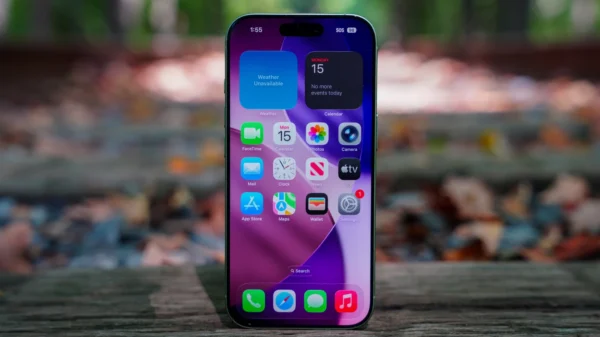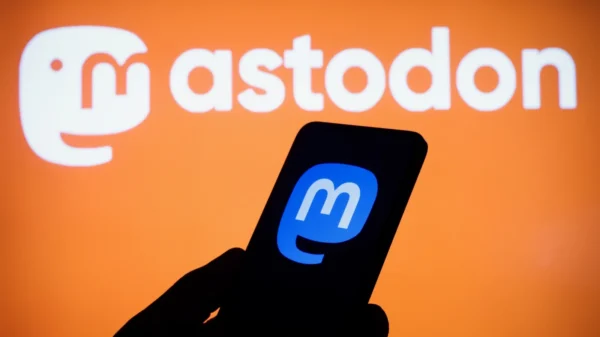Fujitsu (6702.T) and Riken, a research center, announced on Thursday that they had successfully developed Japan’s second quantum computer. This accomplishment is part of worldwide research efforts to make the emerging technology useful.
As researchers attempt to reduce the faults that hinder such systems from producing correct results, the 64-qubit quantum computer that Fujitsu and Riken are developing will be combined with a 40-qubit quantum computer simulator. Fujitsu and Riken are both funded by the Japanese government.
“It’s kind of a first or second step, we still have a long way to go,” Shintaro Sato, head of Fujitsu’s quantum laboratory, told reporters. “It’s kind of a first or second step.”
Research on quantum computers, which have the potential to become millions of times faster than the most powerful supercomputers, is receiving significant funding from a variety of sources, including governments and private firms such as Alphabet (GOOGL.O) and IBM (IBM.N).
IBM debuted a 433-qubit quantum computer late in the previous year. Quantum computers, which use quantum physics, have a power that can be measured in qubits, also known as quantum bits.
China, the United States of America, and other industrial democracies are racing to seize the lead in sophisticated technologies, including quantum computing. President Joe Biden has taken steps to impede some U.S. funding in Chinese attempts to develop the technology, which is part of this competition.











































